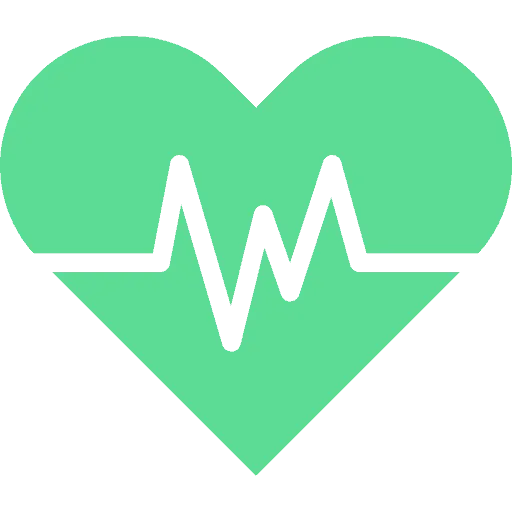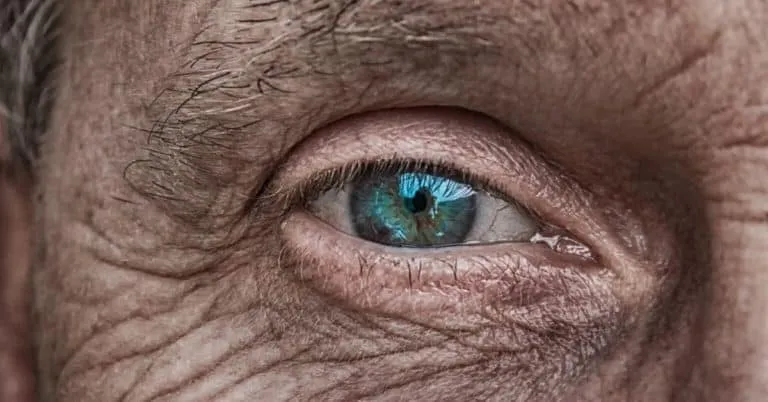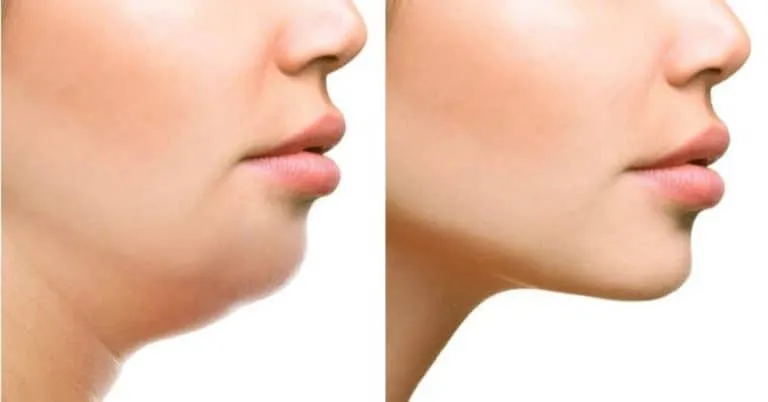Top Dehydration Signs to Watch Out For
Dehydration occurs when the body has an insufficient amount of water to work appropriately, which can lead to negative health effects. Getting the doctor recommended amount of water each day might appear like a challenge; however, it is critical to your health that this is not ignored for too long as even mild dehydration when a chronic problem can negatively affect your health, including premature aging.
Essentially, the more water you lose (through sweat or urination, etc.), the more your blood quantity declines, and the oxygen circulation to the brain reduces, your blood vessels expand, and you will probably get a headache.
Once you become severely dehydrated, it can be more difficult to ease the symptoms. If you’ve been dehydrated for too long, a glass of water may not provide as quick a fix. It will likely take longer for the water to take effect, and you will need more rest.

It is important to know the most common dehydration signs so you can get some water or a sports drink in your system before it becomes a bigger problem.
Dark Urine
When your hypothalamus (part of your brain) identifies too little water in your blood, it causes the release of an anti-diuretic hormone that triggers the kidneys to eliminate less water from the blood than usual, your urine being more concentrated and therefore much darker in color.
When you’re fully hydrated, the waste is quickly flushed out and, as such, has a clear or at least a lighter color.
Irregularity
Water aids the relocation of waste through your colon and out of your body. Just like what happens when your pee is made darker when you’re dried out, your body won’t have the ability to move food waste out as successfully.
Muscular Pains
If you’re doing something that calls for exercise, your muscles are more likely to cramp up when dehydrated. Changes in the level of electrolytes, salt, and potassium, can cause this cramping, too but are the main outcome for the absence of hydration throughout the body.

Signs of Dehydration
- Boosted thirst
- Dry mouth
- Heart palpitations
- Impaired thinking
If the symptoms continue to increase and become much more consistent, hydrate yourself instantly. Severe dehydration is dangerous for your body and can also require you to visit the hospital to get medical treatment in severe cases.








